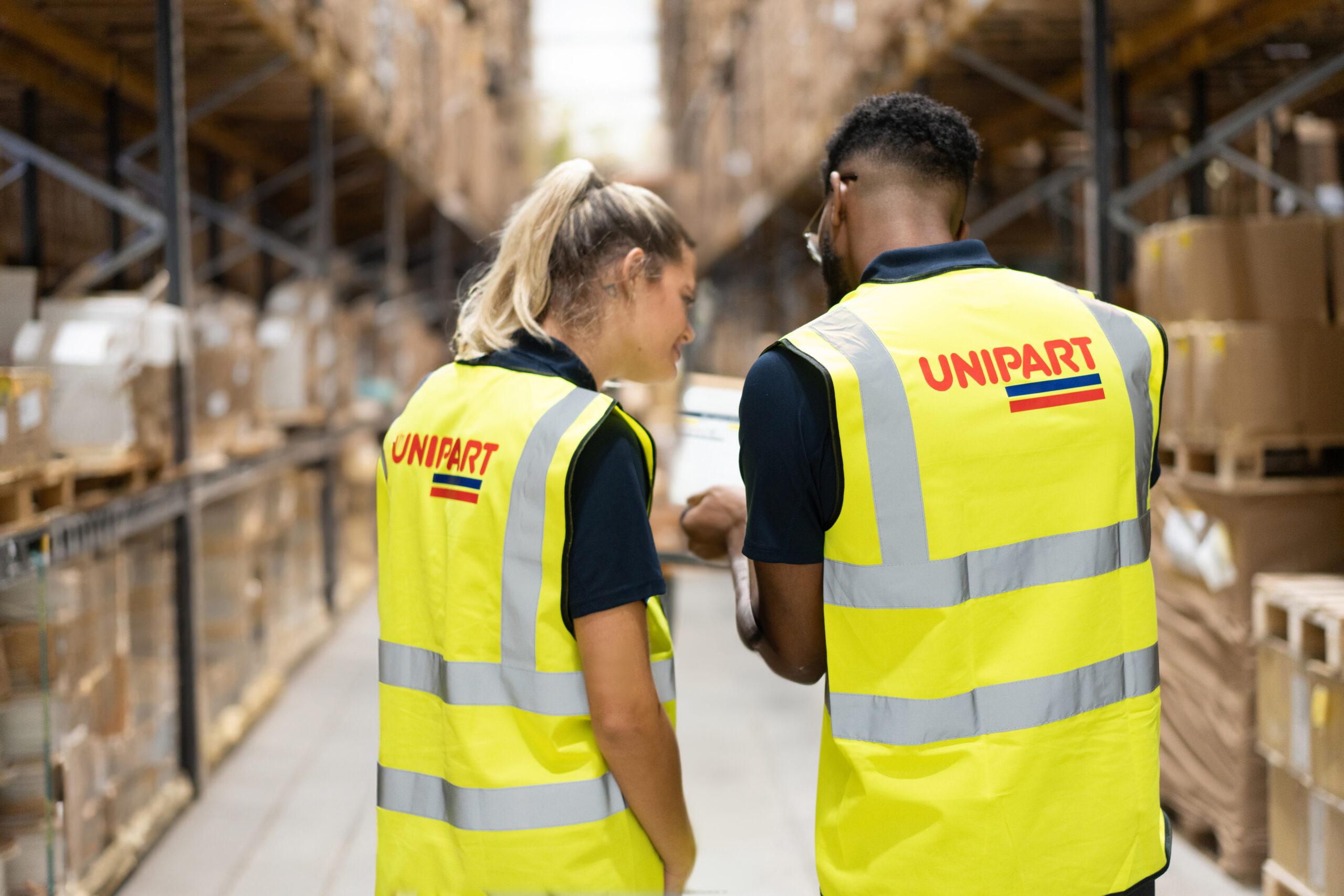
As we mark World Day for Health and Safety at Work, it’s clear that safety is no longer simply about policies and compliance. The warehousing and logistics sector is highly competitive with an array of opportunities for workers. This creates safety risks because as attrition increases businesses lose skills and experience and there is a need to train new colleagues, many who may have never worked in a warehouse environment before.
Consequently, the sector must evolve so that safety becomes part of an intelligent, proactive culture specifically with an understanding of human attitudes and behaviours.
The key risks in our industry haven’t significantly changed: people interacting with vehicles, manual handling, and the age-old problem of slips and trips. What has changed is how we’re approaching these challenges. Today, we’re seeing a growing appetite across the industry to develop strategies that specifically deal with human elements with the aid of technology. That’s a major shift, and one that Unipart is deeply committed to.
Technological innovation is a key enabler. The tools now available – AI-driven CCTV, heat-mapping, telematics, and site mapping – offer real promise to monitor, predict and even prevent harm. But let’s be honest, they’re not cheap, and they’re not necessarily plug-and-play. The journey from recognising the potential of technology to actually embedding it into daily operations is complex. It requires more than investment; it demands a change in mindset, systems, and culture.
At Unipart, we are undertaking a full review of our safety reporting systems across the business with a focus on the human. For the proactive side of safety we are improving the quality of the coaching conversations to ensure they are meaningful. This includes addressing wellbeing not just inside of the workplace but outside. If an incident occurred or a mistake was made then we review why. Were they distracted? Were the ways of working unclear? Did the colleague identify shortcuts that are currently unsafe but could be made safe with our support? These reviews provide meaningful data that we can use to create targeted responses.
Equally important is the psychological dimension of safety. We now know that mental wellbeing and physical safety are deeply connected. Stress, fatigue, and burnout directly affect decision-making and alertness in the workplace. This is why we are addressing them in our coaching conversations and leadership walks so we can support our colleagues both in and out of work. We are also building a just, fair, and psychologically safe workplace that means treating people as whole human beings. This includes consistent responses to safety breaches, coaching rather than punishing, and recognising when someone is struggling before it becomes a risk.
Unipart’s track record is a point of pride; nearly 70 British Safety Council Swords of Honour over the years reflect our world-class standards. But we don’t rest on our laurels. Safety is never ‘done’. It evolves, just as our people, our technology, and our understanding do.
By recently launching our Zero Harm programme, an approach combining our health, safety, and wellbeing services under one umbrella, we are creating a workplace where everyone is protected, supported, and empowered.
Ultimately, great safety is not a destination, but a journey of learning and improvement. One that we owe every colleague and customer.
